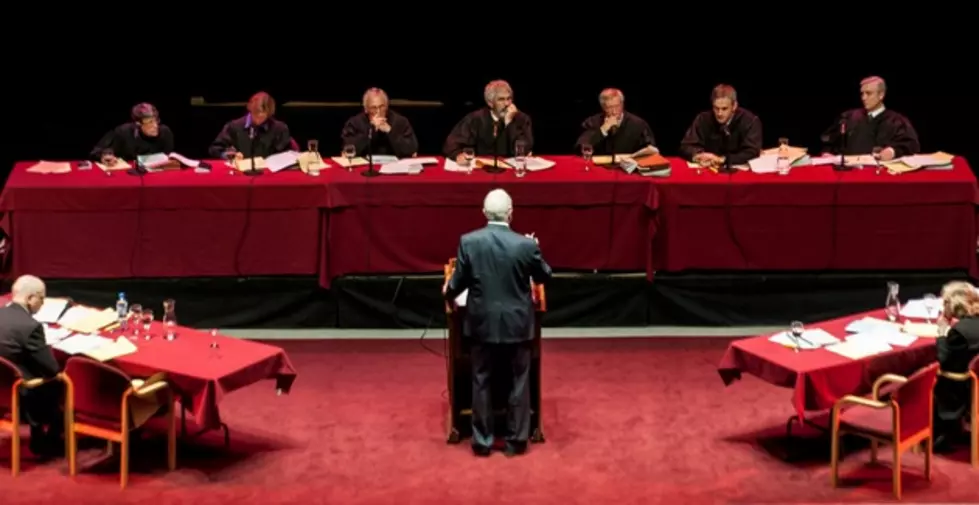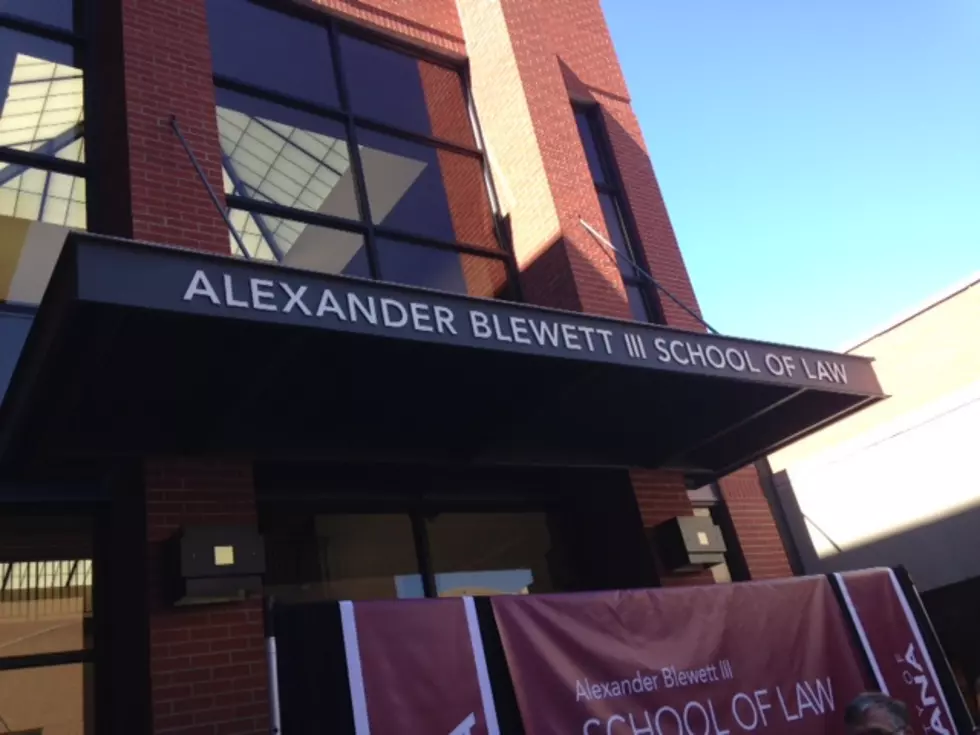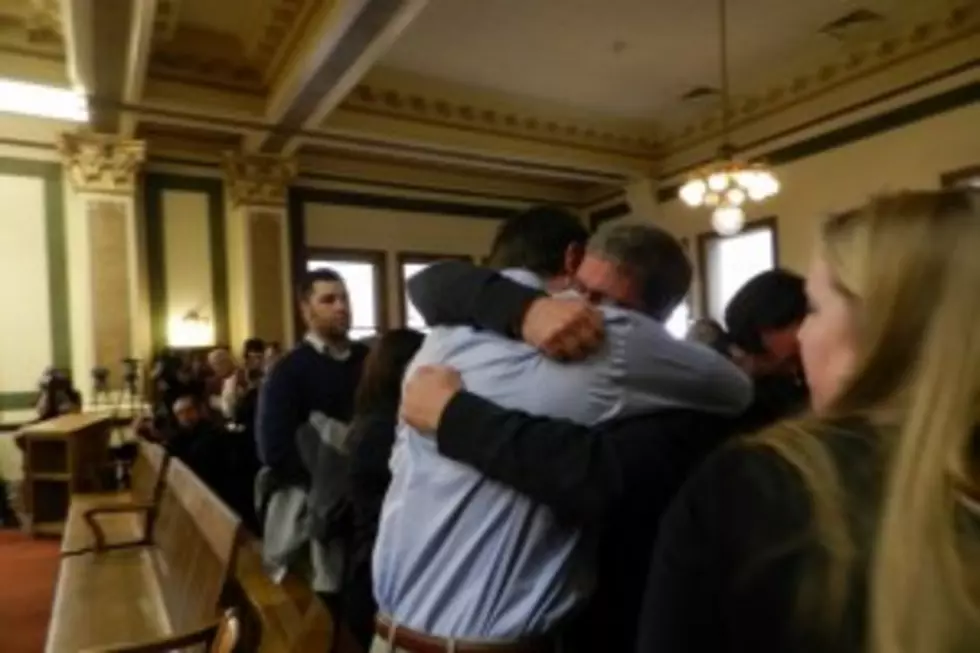LISTEN – What Krakauer’s Attorney WANTED To Say To The Montana Supreme Court
As Mike Meloy, the attorney representing best-selling author Jon Krakauer, stepped to the podium to address the Montana Supreme Court on Wednesday morning, he barely began the formal introduction to his prepared remarks, when the justices began peppering him with questions.
KGVO News spoke with Meloy after the hearing, in which he argued that confidential student records that detailed actions allegedly taken by Montana Commissioner of Higher Education, Clayton Christian, in the matter of former UM football player Jordan Johnson, should be released.
What Meloy intended to say to the justices, that he could not due to time constraints, he shared with KGVO News. One question Meloy was prepared to answer concerned confidential documents that had not been given to the District Court judge so that she could review them in chambers.
"The commissioner's office was blaming me, and I had an easy answer to that question," Meloy said. "I don't have the documents, so the custodian has to be the commissioner's office that has to give the records to the judge. That didn't happen in this case, because the commissioner took the position that FERPA would not permit the commissioner to even acknowledge that he even had records from Jordan Johnson. So, it would have been very difficult for the commissioner to maintain that argument, while at the same time, give a box of documents to the judge to review in camera."
"I meant to make that point because the court was obviously wondering why that in camera inspection hadn't been done, and I just wasn't given the time to say so," Meloy said.
Meloy had a word to describe the Montana University System's contention that the federal government would withhold student loans and other aid should the records be made available to his client; hogwash.
"No state has ever lost federal funds as a result of disclosure of records, number one" he said. "And, number two, FERPA only causes jeopardy to funding of an educational institution if they engage in a pattern and practice of systematically disclosing student records. In fact. there's a provision in FERPA that prevents a court from making that kind of order. So, I wasn't buying that argument, and there's no way this university is going to lose any funding."
The Montana Supreme Court took the arguments from both sides under advisement, and will release a decision at a later date.
More From 94.9 KYSS FM






![University of Montana – Jon Krakauer Back In Court – State Headlines [YouTube]](http://townsquare.media/site/119/files/2015/07/Jon-Krakauer-in-Missoula.jpg?w=980&q=75)
![Former Grizzly QB Jordan Johnson Signs With Ottawa Redblacks Of CFL [YouTube]](http://townsquare.media/site/119/files/2015/02/Jordan-Johnson.jpg?w=980&q=75)
![Fred Van Valkenburg Farewell Interview With KGVO News [YouTube]](http://townsquare.media/site/119/files/2014/12/Fred-Van-Valkenburg-2.jpg?w=980&q=75)
